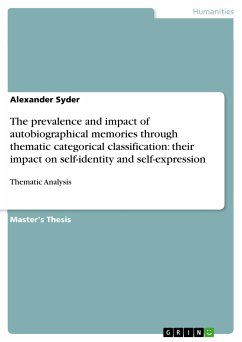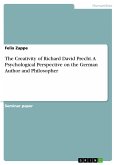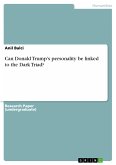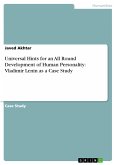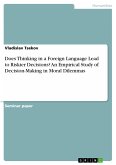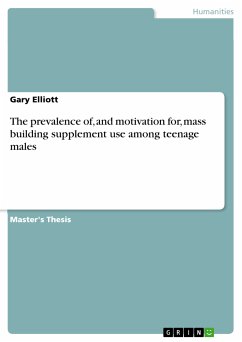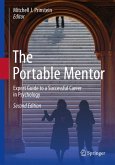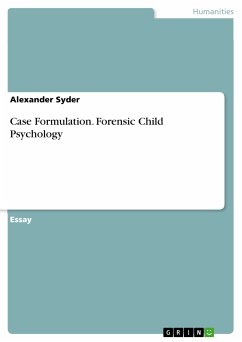Master's Thesis from the year 2015 in the subject Psychology - Personality Psychology, grade: Merit, Sheffield Hallam University, course: MSc Psychology, language: English, abstract: This mixed methods study investigated the effects of autobiographical memories on future thinking and decision-making. The quantitative rating scores served as a means of obtaining a direct correlation to investigate which areas memory were most significant to future thinking/decision-making, self-reported by the participants. The study consisted primarily of a thematic analysis of participants qualitative responses in relation to three themes to test the three proposed hypotheses of the study. Firstly, autobiographical memories are primarily functions of goal construction. Secondly, those memories are congruent to the self, and likely to place the participant at the centre of all previous experiences/events. Thirdly, since it is hypothesised that there will be an egocentric element to the responses, this should coincide with increased pronoun density. The third thematic discourse theme has analysed selective examples of the use of (I, me and my) in qualitative literary expressions recorded. A total of 46 participants participated, with 33 fully completing the survey. The richness of the memories suggests novel experimentation may be needed in future analysis; participant discourses were widespread. However family and school memories were rated as the most significant influences on future thinking/decision-making. Findings are discussed from a social psychology viewpoint in relation to past literature and thematic analysis. Intro Snippet: 'Galaxies and stars are born, and they die, living creatures are young before they grow old, causes always precede effects, there is no return to yesterday, and so on and on. Time's flow is irreversible. The singular exception is provided by the human ability to remember past happenings' (Tulving, 2002, 1). The notion of 'autobiographical memory' (AM) is a recent convention within psychological literature that explains the function and structure of human memory; a unique feature of episodic memory (Tulving, 2002; Conway, 2004; 2005; 2009; Prebble et al, 2013; Pause et al, 2013; Baddeley et al, 2015; Eysenck, 2015). Autobiographical memory is defined as a complex mental system that allows people to recollect information, events, and experiences from their past (Prebble et al, 2013; Williams, Conway and Cohen, 2008).

